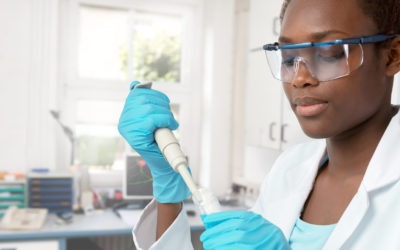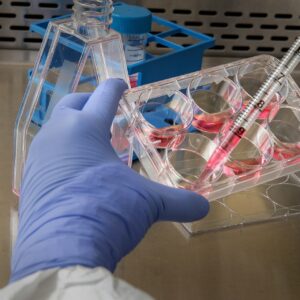
The company revealed its launch plans this week at the 29th European Congress of Clinical Microbiology & Infectious Diseases in Amsterdam. Galileo Pathogen Solution – Transplant will officially launch at the ASM Clinical Virology Symposium in May and will initially be made available as a Research Use Only test that laboratories can purchase and validate as a Laboratory Developed Test.
With the current standard of real-time quantitative PCR (qPCR) technology, only one virus can be detected per test, despite there being hundreds of different viral strains that can infect transplant patients. Galileo Pathogen Solution is one comprehensive test able to detect common viral infections as well as rarer ones – including Cytomegalovirus (CMV), Epstein–Barr virus (EBV), BK virus (BKV) and human adenovirus (hADv) — and provide a quantitative signal. Galileo Pathogen Solution offers the ability to detect antiviral resistance genes, coupled with simultaneous quantitative detection of these viruses comprised of greater than 350 curated viral strains.
“We performed a retrospective study of the Galileo Pathogen Solution NGS pipeline for the detection and quantitation of DNA viruses in my lab using residual samples from transplant patients,” said Benjamin Pinsky, MD, PhD, Medical Director, Clinical Virology, Stanford Healthcare & Stanford Children’s Health. “The Galileo test has shown to be a promising new technology with excellent proof of principle analytical data that has the potential to revolutionize many areas of clinical microbiology.”
Just as Galileo AMR was launched to provide a solution for the growing epidemic of antimicrobial resistance, Galileo Pathogen Solution – Transplant has been designed to address the need for more reliable and comprehensive viral detection and quantification.
The number of transplants in the U.S. is growing at approximately 4 percent yearly1, and of the more than 57,000 transplants each year about 30 percent of all recipients will get a viral infection.2 The average cost to treat a viral infection from a donor organ or reactivation post-transplant per patient is about $400,000.3 Arc Bio’s goal is to provide products that will help provide better care and reduce these costs.
Arc Bio, founded by leading geneticists and bioinformaticians, plans to continue to launch a full suite of NGS-based metagenomics research solutions — under its Galileo product line – that will provide improved tools for fast, accurate and cost-effective analyses in the field of infectious diseases.
“We feel fortunate to have the opportunity to provide cutting edge tools that will help combat the global challenges of infectious disease and antibiotic resistance,” said Arc Bio Chief Executive Officer Dr. Todd Dickinson, a founding scientist of Illumina. “With this and future additions to our Galileo product line, our aim is to provide innovative tools that can be used to implement NGS detection that aid in diagnostic management.”
Galileo Pathogen Solution consists of a software component, Galileo Analytics, and Sample Preparation reagents and provides healthcare professionals with a research tool that gives them the power to perform sophisticated analyses without requiring bioinformatics expertise. Galileo Pathogen Solution can quickly and efficiently provide quality control data from an NGS run and detect and quantify pathogens from unbiased metagenomic sequencing data, yielding a viral load for calibrated pathogens and a quantitative metric for all others.
Galileo Analytics is a cloud-based proprietary software that provides quick and reliable results, an intuitive user interface that does not require bioinformatics expertise, and detailed, actionable reports.
Source: Company Press Release.





